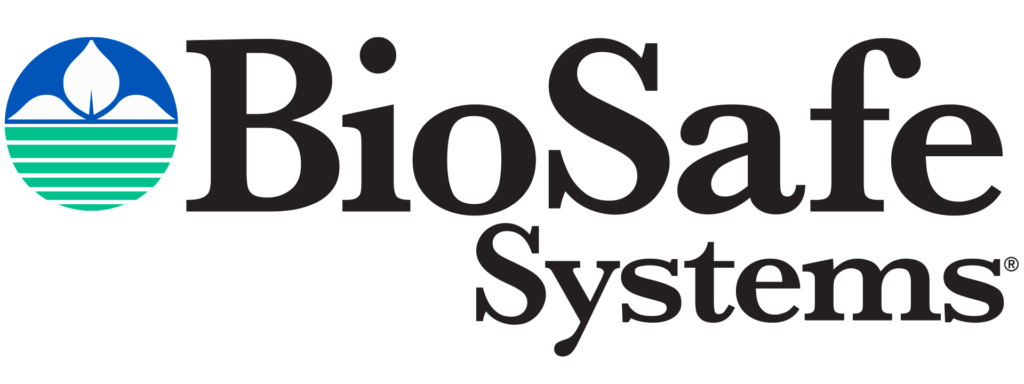
Washing fruits and vegetables fresh from the field in a properly equipped dunk tank or hydrocooler can be of tremendous benefit, extending the shelf life of the produce and improving its safety to the consumer. If not properly managed, washing produce can amplify a small problem into a big one. There are a few points to consider for properly washing fresh produce.
Use a sanitizer in at least one step of the wash process. It is important to regularly measure and document actual free sanitizer levels in wash water and hydrocooler water as well as the amount of time the product is in contact with the sanitizer. Inexpensive test strips for many commonly used sanitizers are available at restaurant supply stores.
Be sure to use a sanitizer level appropriate for the crop you are washing as well. Leafy greens usually require much less sanitizer than root crops. In general, as the concentration of sanitizer goes down in wash water, the time the water stays in contact with the bacteria must increase in order for adequate kill.
Use a sanitizer that is compatible with the use and makeup of your equipment. Chlorine is corrosive on metals, making widespread application with some equipment impossible. The sanitizer you use should be of food grade if it will be coming into direct contact with the produce. Check the label to make sure it is approved for use as a tank sanitizer.
Research by Michigan State University and others clearly shows that increases in organic matter, such as dirt, can not only reduce overall free sanitizer levels more quickly, but actually interfere with the operation of some sanitizer testing equipment. Have a regular time to change the dunk water or recirculating hydrocooler water and document the process.
Water has been shown to travel by osmosis into fruits and vegetables that are too rapidly cooled. Aim for water temperatures no more than 10 degrees Fahrenheit cooler than the produce being cooled. If necessary, monitor the temperature of produce and wash water on certain high risk crops such as tomatoes and cantaloupe.
An excellent resource on using chlorine in post-harvest wash water can be found at “Guidelines for the Use of Chlorine Bleach as a Sanitizer in Food Processing Operations” by Oklahoma State University. It outlines basic guidance and the usage based on crop.
BioSafe Systems, LLC is a company leading innovations since 1998 for environmentally sustainable practices and products that protect crops, water, and people. Our success hinges on a commitment to customer service, quality research, regulatory compliance, and the willingness to adapt. BioSafe Systems is a family-owned and operated company certified by NQA to ISO 9001:2015, 14001:2015, and 45001:2018, and our products are manufactured proudly in the United States. More about BioSafe Systems